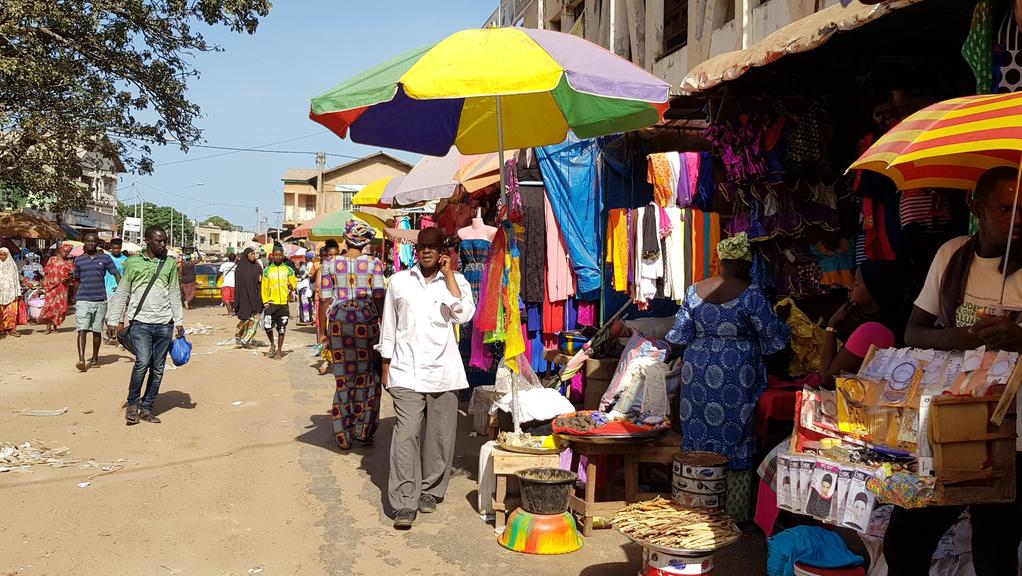
Many Gambians are not observing the social distancing rules. There is a lot of mingling and close contacts despite the rise in coronavirus cases in the country.
Gambians seems to be taken the pandemic with less or no seriousness at all as people could be seen gathering together in markets, car parks and meeting spots on a daily basis.
A group of more than five people still shares a tumbler of the brew green tea (ataya).
The Gambia government with the approval of the National Assembly this month (April 3) extended the country’s lockdown by 45 days in an effort to curbing the spread of the deadly coronavirus.
Since then the Barrow administration has issued five executive orders and put in place measures that include:
· All non-essential food outlets in all markets and enclosed shopping areas shall be closed.
· All non-essential public places, such as bars, cafeterias, cinemas, video clubs, gymnasiums, museums, night clubs, public swimming pools, events halls, casinos, gaming parlours and sporting venues shall be closed.
· All public places of worship shall be closed.
· The number of people attending any social gathering, such as weddings, naming ceremonies and funerals shall be restricted to a maximum of ten people.
· All public transport shall carry half of the total number of passengers they are allowed to transport by law.
· Essential services such as banks, petrol stations, traders and vendors in food and basic commodities in the markets, supermarkets and corner-shops shall continue to operate.
However, the Barrow administration is yet to offer welfare support such as basic essential goods like food to the people of the country to ensure they observe the stay at home orders.
About 60% of The Gambia’s 2 million people live below the poverty line and thousands of the people in work cannot afford to stay home as they live from hand-to-mouth. Staying at home without foodstuff means starvation.
Reporting by Adama Makasuba










Recent Comments